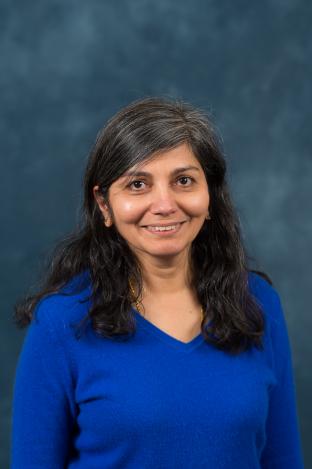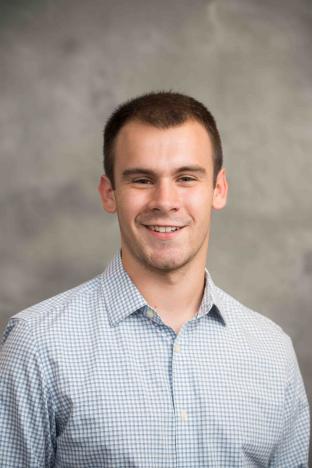Biography
Research Interests
A major interest in our laboratory is biology of Human Leukocyte Antigen (HLA) class I (HLA-I) molecules, which are critical for immune surveillance by CD8+ T cells and natural killer (NK) cells of the immune response. HLA-I molecules display viral and mutated peptides on the cell surface for recognition by antigen receptors of CD8+ T cells. The HLA-I genetic locus is the highly polymorphic. Generally, HLA-I assembly with peptides occurs in the endoplasmic reticulum (ER) of cells. Our laboratory is investigating unconventional HLA class I trafficking and assembly routes, particularly those within endolysosomal compartments, which could confer superior protective functions to certain HLA-I variants under specific pathological conditions. CD8 is a co-receptor for immune recognition of infected and cancer cells by CD8+ T cells and NK cells. We study variations in HLA class I-CD8 interactions and resulting functional effects on the immune response. We are also interested in factors that influence the diversity of peptides presented by a given HLA class I molecule (the peptidome).
Calreticulin in an ER chaperone that plays important roles in the folding of HLA-I molecules in the ER. Calreticulin itself becomes mutated in certain types of myeloproliferative neoplasms (MPN). A major current interest in our laboratory relates to the molecular mechanisms of cell transformation by the MPN mutant calreticulin as well as immune recognition of cells expressing MPN mutant calreticulin.






